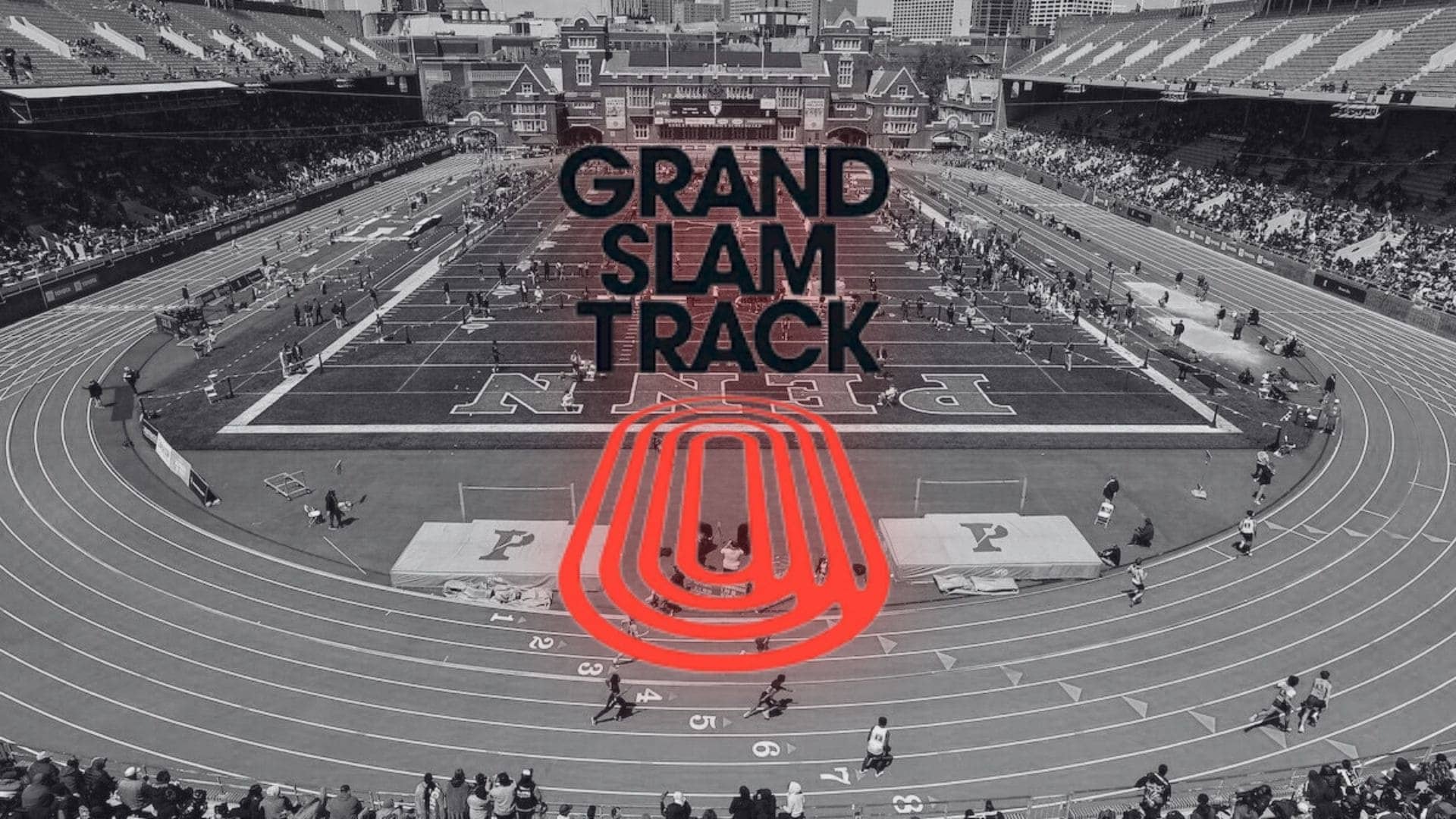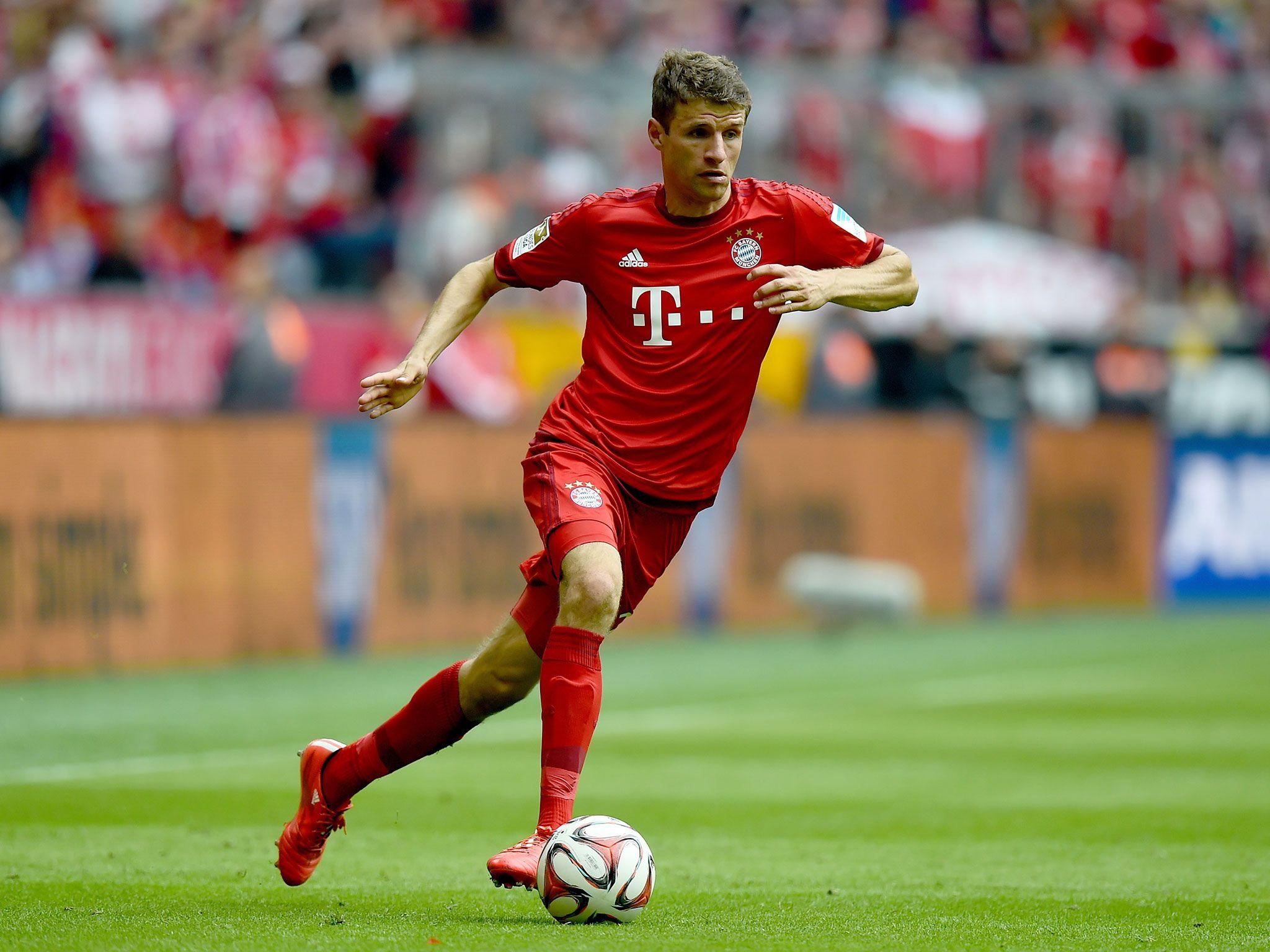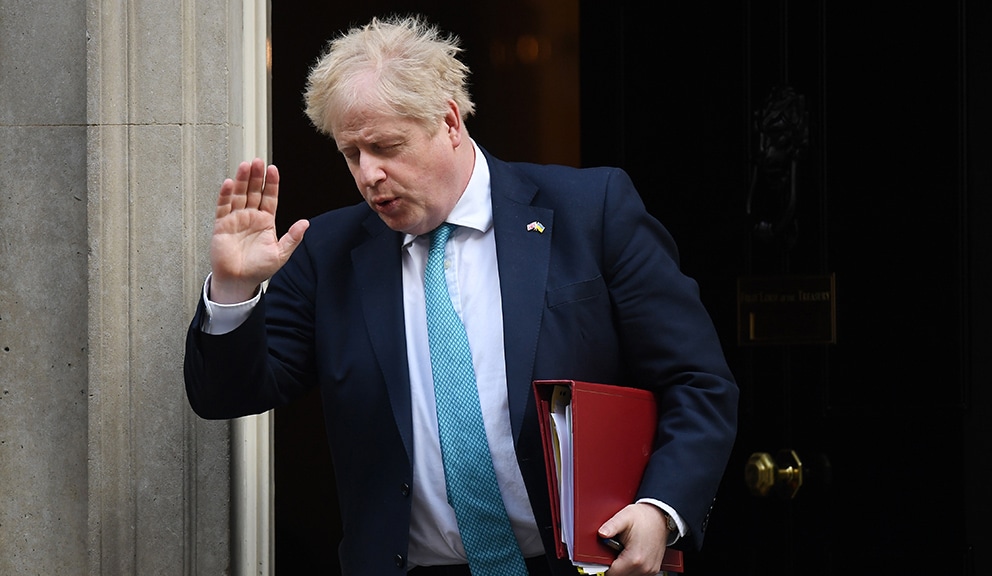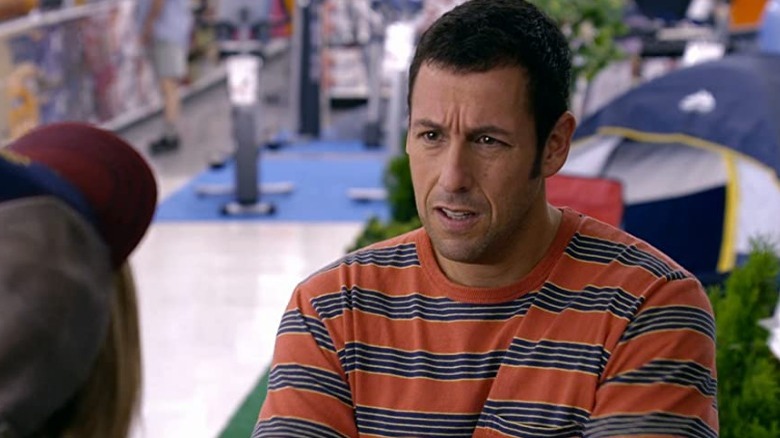Who Might Succeed Pope Francis? Potential Candidates For The Papacy

Table of Contents
Leading Cardinal Contenders
The election of a new Pope rests primarily with the College of Cardinals. These cardinals, appointed by the Pope, are the electors in the papal conclave. Several prominent Cardinals consistently emerge in discussions about potential successors. Let's consider a few:
-
Cardinal [Name 1]: Known for his [describe theological leaning - e.g., progressive stance on social justice issues], Cardinal [Name 1] boasts extensive experience in [mention area of expertise, e.g., pastoral care, diocesan administration]. His strengths include [mention strengths, e.g., strong communication skills, ability to connect with diverse communities]. However, potential weaknesses might include [mention potential weaknesses, e.g., a perceived lack of experience in Vatican administration, relatively recent appointment to the Cardinalate]. His theological expertise is undeniable, and his pastoral experience is widely respected within the Church.
-
Cardinal [Name 2]: Representing a more [describe theological leaning - e.g., conservative theological perspective], Cardinal [Name 2]'s background is steeped in [mention area of expertise, e.g., canon law, theological scholarship]. His strengths lie in his [mention strengths, e.g., unwavering commitment to traditional doctrine, deep understanding of Church governance]. However, some might see his [mention potential weaknesses, e.g., less engagement with modern social issues, strong adherence to traditional views] as a potential drawback in a rapidly changing world.
-
Cardinal [Name 3]: Hailing from [mention region], Cardinal [Name 3] offers valuable geographical representation, a key factor in the selection process. His expertise in [mention area of expertise, e.g., interfaith dialogue, missionary work] is particularly relevant to the global challenges facing the Catholic Church. His strengths include [mention strengths, e.g., diplomatic skills, experience in engaging with diverse cultures].
Key Attributes Comparison:
| Cardinal | Theological Leaning | Strengths | Potential Weaknesses |
|---|---|---|---|
| Cardinal [Name 1] | Progressive | Communication, Pastoral Experience | Lack of Vatican experience |
| Cardinal [Name 2] | Conservative | Theological Scholarship, Church Governance | Limited engagement with modern social issues |
| Cardinal [Name 3] | [Describe Leaning] | Geographical Representation, Interfaith Dialogue | [Mention potential weakness] |
Factors Influencing the Papal Election
The papal election, conducted within the confines of the conclave, is a complex process. Several factors influence the cardinals' choices:
- Geographical Representation: The Catholic Church is global; selecting a Pope from a diverse region ensures broader representation and relevance.
- Theological Positions: The Church encompasses a spectrum of theological viewpoints, from conservative to progressive. The balance of these positions influences the selection.
- Age and Health: The papacy demands immense physical and mental stamina. A candidate's age and health are crucial considerations.
- Political Considerations: While the Vatican maintains its sovereignty, the relationship between the Holy See and global politics is undeniably complex and subtly influences the selection.
The conclave itself, with its inherent secrecy, adds another layer of complexity. Cardinal electors, bound by oaths of secrecy, deliberate until a two-thirds majority is reached. This process, influenced by prayer, deliberation, and the Holy Spirit, ultimately determines the next Pope. The role of cardinal electors is paramount in this intricate process of papal succession.
Predicting the Unpredictable: Challenges in Forecasting the Next Pope
Predicting the next Pope is a notoriously difficult task. The secrecy surrounding the conclave, combined with the unpredictable nature of the electors' decisions, makes any forecast inherently speculative. History is replete with surprising papal elections, underscoring the limitations of prediction. Analyzing potential candidates for the papacy is insightful, but ultimately, the decision rests with the College of Cardinals. The future of the Catholic Church, and indeed the global impact of the papacy, hinges on this decision.
Who Will Be the Next Pope?
Choosing Pope Francis’s successor is a momentous occasion, impacting billions of Catholics worldwide. While we've examined some potential candidates for the papacy and the key factors influencing the selection, the outcome remains uncertain. The process of papal succession is a complex interplay of theological considerations, political realities, and the guidance of the Holy Spirit. The secrecy surrounding the conclave makes accurate prediction nearly impossible.
Stay tuned for updates on the potential candidates for the papacy and continue researching the intricacies of this significant event. Learn more about the process of electing the next Pope and the factors shaping this crucial decision for the Catholic Church. Understanding the potential candidates for the papacy is vital for comprehending the future direction of the Church.

Featured Posts
-
 Alex Winters Early Comedy Work Unearthing His Pre Freaked Mtv Shows
May 11, 2025
Alex Winters Early Comedy Work Unearthing His Pre Freaked Mtv Shows
May 11, 2025 -
 Grand Slam Track A New League Aiming To Revitalize Athletics
May 11, 2025
Grand Slam Track A New League Aiming To Revitalize Athletics
May 11, 2025 -
 Thomas Muellers Farewell His Most Frequent Playing Partners At Bayern Munich
May 11, 2025
Thomas Muellers Farewell His Most Frequent Playing Partners At Bayern Munich
May 11, 2025 -
 Incident Sa Nojem Boris Dzonson Povreden U Teksasu
May 11, 2025
Incident Sa Nojem Boris Dzonson Povreden U Teksasu
May 11, 2025 -
 The Consistent Easter Egg Across Adam Sandlers Movies
May 11, 2025
The Consistent Easter Egg Across Adam Sandlers Movies
May 11, 2025
